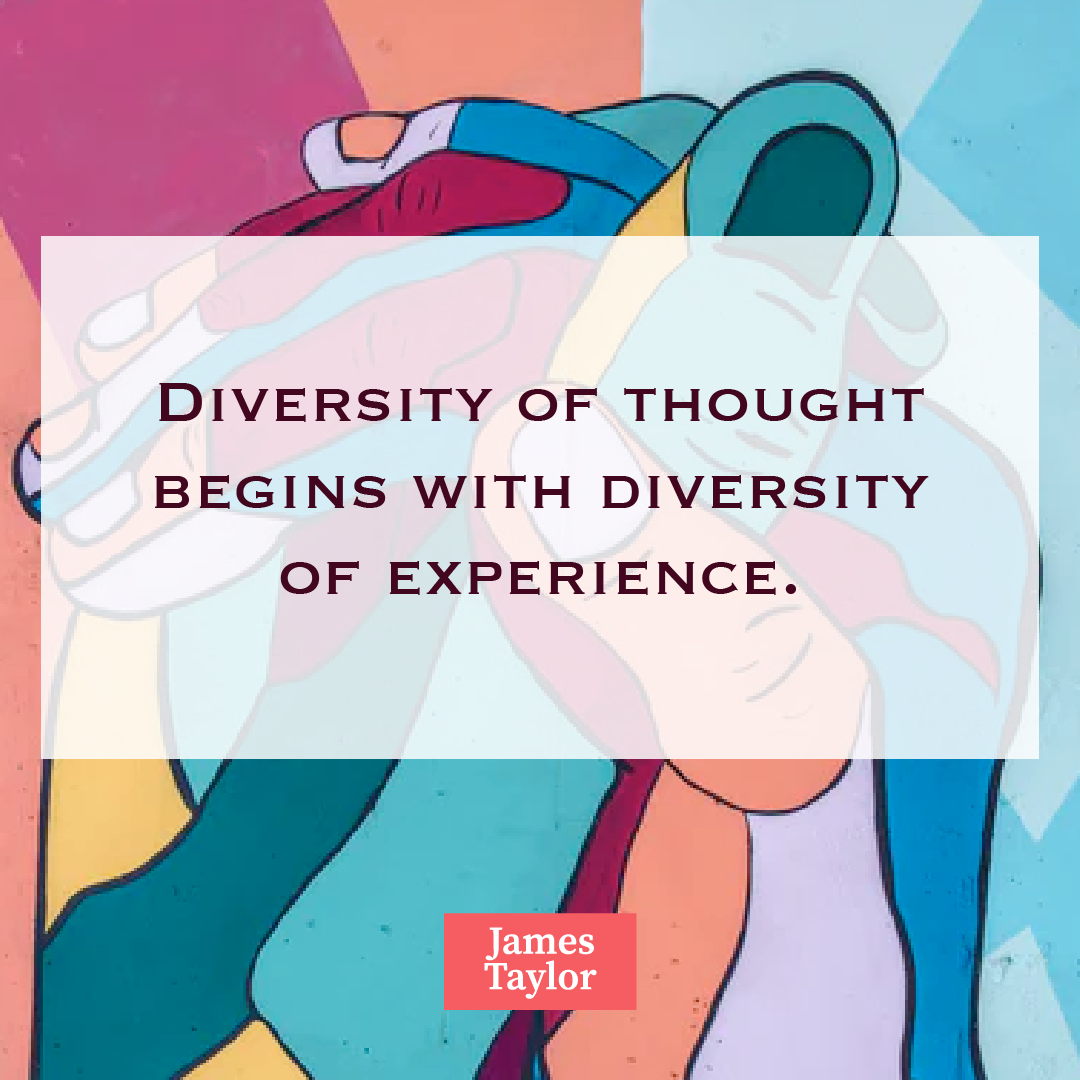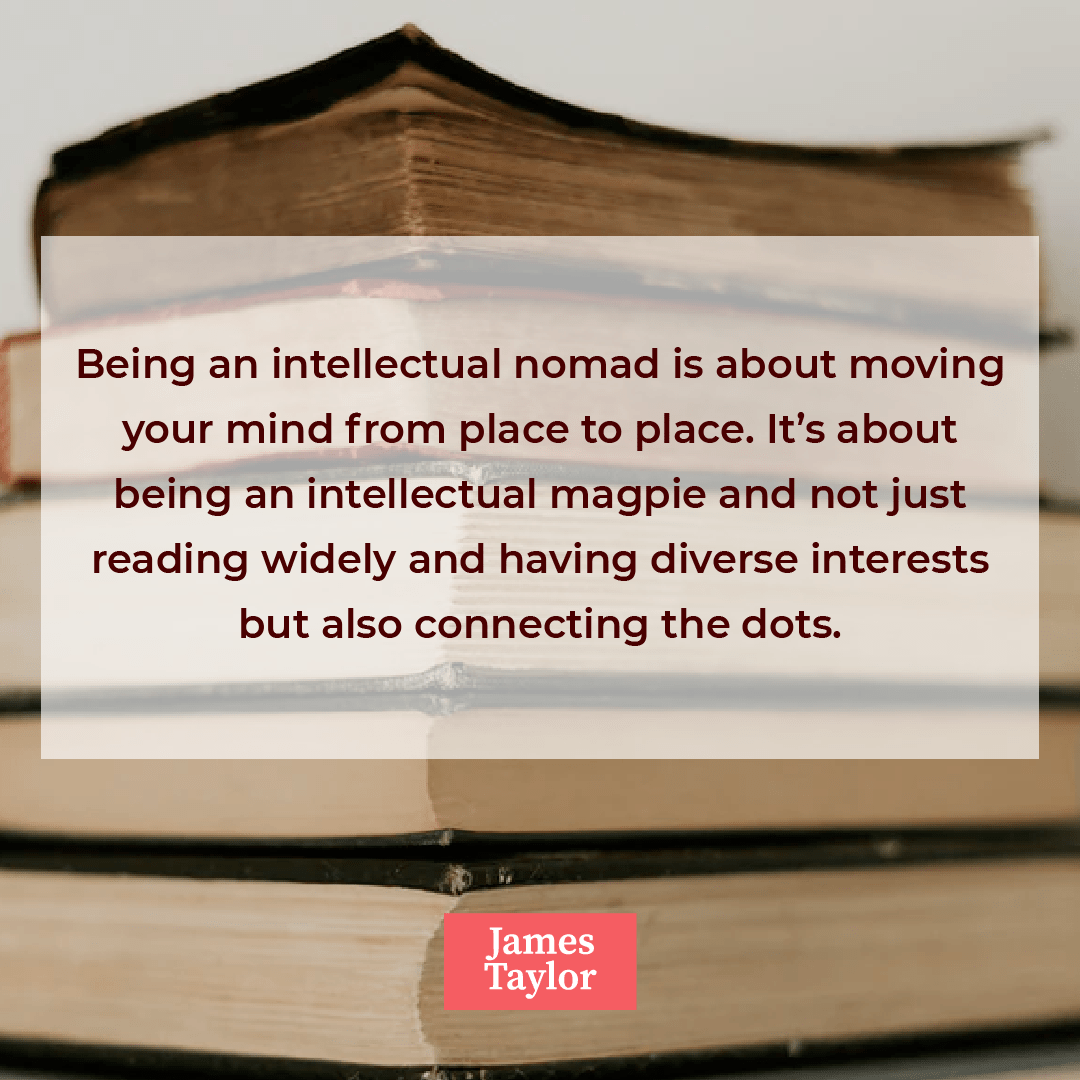LISTEN TO THE PODCAST
Why Creative Geniuses Are Intellectual Nomads
Intellectual Nomads
This week I had the opportunity to ask a question of acclaimed Turkish-British writer Elif Shafak and learn about the link between creative genius and intellectual nomads. I’m fascinated by what makes SuperCreative people tick. What do the creative minds of the past like Leonardo Da Vinci, Walt Disney and Marie Curie have in common with today’s creative leaders like Filipino actor and composer Michael V., Nuseir Yassin of NAS Daily, or Indian poet and marketer Prasoon Joshi?
Enjoy access to my free Creativity Blueprint training course where I help you unlock your creative potential, break down creative blocks and unleash your creative genius. Click here to gain access.
INSPIRATIONAL QUOTES
FULL TRANSCRIPT
One of my favorite writers is Elif Shafak, whose non-fiction books include The Architect’s Apprentice and The Forty Rules of Love. She is also the most widely read female novelist in Turkey. During a Q&A session with Elif Shafak as part of the Scottish Parliament’s Festival of Politics, I asked her what advice she would give to new and aspiring writers. Her answer was both surprising and delightful.
She said, “writing can feel like a burden, it can be tormenting”. And that “the only way forward is if we really love what we're doing”. She talked of needing “to preserve our 'inner garden' as authors”.
Elif Shafak then went on to share an idea I really love. It’s the concept of being an “intellectual nomad”.
Digital Nomad
A nomad is someone who moves from place to place. My friend Kevin Cottam wrote a book called The Nomadic Mindset which describes how nomads from the Maasai in Kenya to the Berbers in Southern Morocco think. Tim Ferriss, Chris Guillebeau, and Rolf Potts also write about a more modern nomadic lifestyle and the rise of the digital nomad.
Creatives Are Intellectual Nomads
However intellectual nomads are slightly different. In the case of authors, Elif Shafak believes that to write well we need to be intellectual nomads, reading both fiction and non-fiction, spending time in the company of writers from both the east and the west. Now, why is this important for doing creative work, whether that be writing a novel or designing a new product?
It’s because studies have shown us that most creative people are often boundary crossers. The boundary-crossing skill is going beyond a subject and connecting dramatically different or irrelevant subjects or fields by developing diverse expertise and passions. The scientist Einstein also played violin and had a very evolved visual imagination. Leonardo Da Vinci was famous for studying disciplines as diverse as art, engineering, and human anatomy.
Seeds Of Intellectual Nomads
Being an intellectual nomad is about moving your mind from place to place. It’s about being an intellectual magpie and not just reading widely and having diverse interests but also connecting the dots.
If you’ve ever felt stuck in your creative work or are struggling with creative blocks, one of the easiest ways to get out of that rut is to reconnect with your intellectual nomadism. To step back and gain some perspective by moving to a different place intellectually.
Struggling with that strategic business plan? Learn how to tell a story by watching a Taika Waititi movie. Problems with writing that next chapter? Learn how artificial technologies like GPT-3 can augment your human writing skills.
Being an intellectual nomad is about planting a variety of seeds in the inner garden of your mind.
Diversity of thought begins with a diversity of experience.




